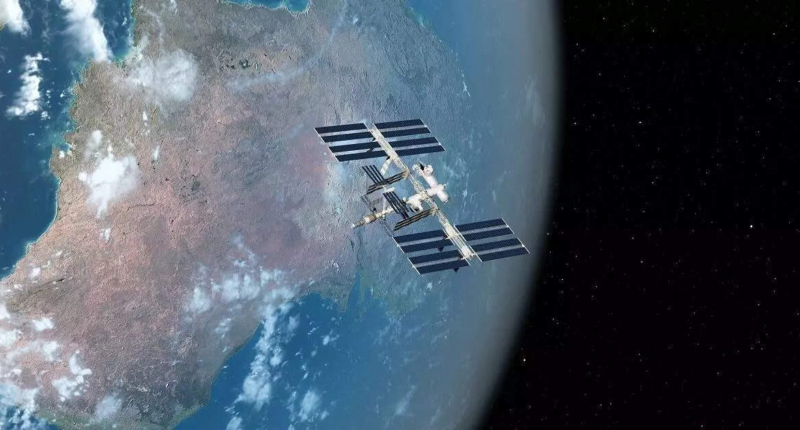The UK Space Agency plans to send two experiments to the International Space Station (ISS) in 2025 to improve the understanding of the aging process of brain tumors and muscles in children. The two projects, D(MG)2 and MicroEdge-2, aim to develop new ideas to inhibit tumor growth and reduce the loss of muscle mass as we age. D(MG)2 aims to understand how midline glioma spreads, a common type of primary high-grade brain tumor in children, while MicroEdge-2 will investigate how the microgravity environment of orbit weakens astronauts’ muscles in space. Innovative hardware will be used to investigate the role of the lack of stress on muscles in these mitochondrial changes and to test whether the altered stress on muscles controls muscle loss in microgravity. The experiments will also inform us about the process during which muscle loss occurs during aging on Earth. The equipment for the experiments is being built by Quasar Space Ltd, a microgravity hardware specialist based in Oxfordshire.
Britain’s space agency is set to launch two experiments into space in 2025, with a goal of better understanding the aging process of brain tumors and muscles in children. The £2.6 million project will see the Institute of Cancer Research’s D(MG)2 project and the University of Liverpool’s MicroEdge-2 project monitored by astronauts on the International Space Station for six months before returning to Earth for analysis. D(MG)2 aims to understand how midline glioma spreads, a common type of primary high-grade brain tumor in children that has been impossible to cure because of the variety of cell types present. Meanwhile, MicroEdge-2 will investigate how the microgravity environment of orbit weakens astronauts’ muscles in space, and how it compares to muscle weakening on Earth with age. The project will use lab-grown human muscles to observe the effects of microgravity and test whether mitochondria play a key role in muscle loss, as well as determine whether applying stress can increase muscle loss. The experiments are expected to greatly benefit mankind and health systems around the world and will develop new ideas to inhibit tumor growth and reduce the loss of muscle mass as we age.
The UK space agency is supporting the MicroEdge 1 project, which is set to fly to the ISS in December 2021. The project aims to investigate the process of building muscles the size of a grain of rice grown in the laboratory and to study the role of changes in mitochondria in driving the loss of muscle mass in microgravity. Innovative hardware will be used to investigate the role of the lack of stress on muscles in these mitochondrial changes and to test whether the altered stress on muscles controls muscle loss in microgravity. The experiments will also inform us about the process during which muscle loss occurs during aging on Earth. The equipment for the experiments is being built by Quasar Space Ltd, a microgravity hardware specialist based in Oxfordshire.
Don’t miss interesting posts on Famousbio









